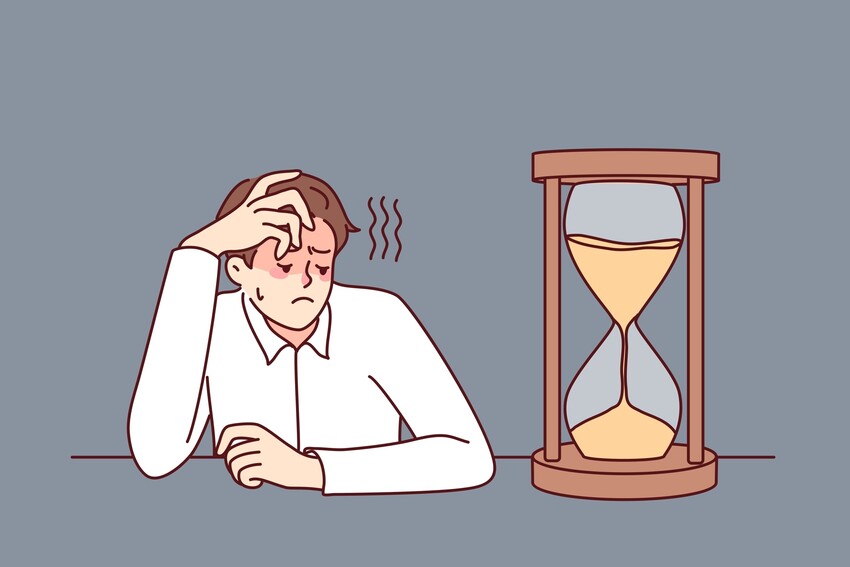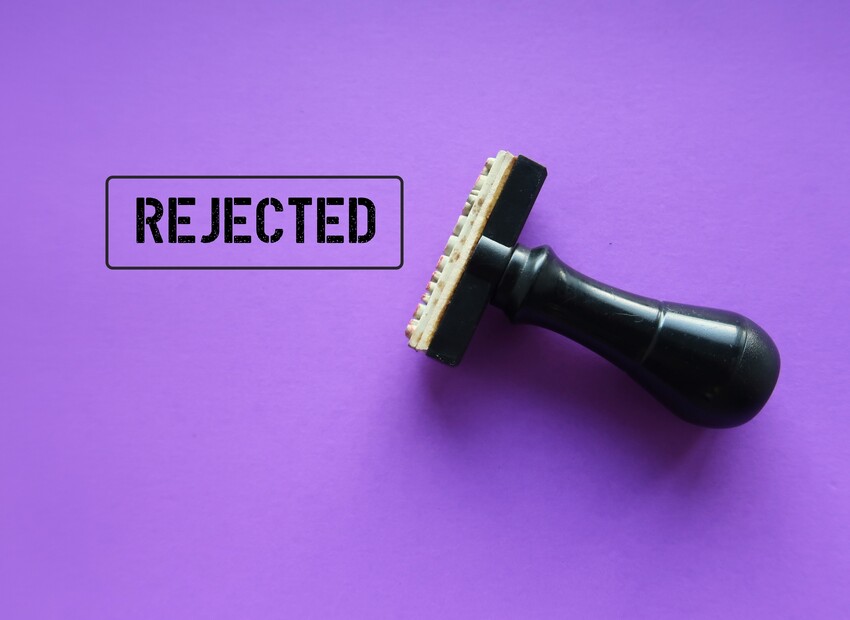
posted 14th August 2025
For most small business owners caught in murky disputes – especially the unlucky ones drawn into telecom snares like the 4Com mess – there’s a moment where the Ombudsman feels like the only path left. It sounds right. It feels fair. But as anyone who’s walked that road knows, it’s often more detour than destination.
What Does “Fair and Reasonable” Really Mean?
In a courtroom, things are simple. Evidence is tested, and the question is: Is it more likely than not? It’s the law that holds sway. Ombudsman schemes, by contrast, go off-script. They’re not asking what the law says. They’re asking what feels right in the circumstances.
On the surface, that seems compassionate; however, the floodgates open to inconsistency when personal views override legal rights. The same facts might yield different decisions depending on who reads the file. That’s not flexibility. That’s a gamble. It also leaves you, the complainant, in a strange place: doing everything by the book, only to be told the book doesn’t matter as much as a stranger’s sense of fairness.
The Uphold Illusion
You’ve probably seen the headline: “FOS upholds 37% of complaints.” That’s their number. But it’s not the whole story. Dig into the Warwick University research, and it tells a different tale. When you strip out the complaints where a token apology or a nominal cheque counted as a win, the success rate drops to around 24% (Warwick University Study, 2022). So, for every 100 people who file a complaint, 76 walk away with nothing meaningful.

And let’s not pretend this is ancient history. FOS currently scores just 1.3 stars out of 5 on Trustpilot (Source: Trustpilot, FOS reviews). The feedback is brutal. People feel ignored, patronised, and in many cases, strung along. The numbers don’t lie.
Time: The Enemy in Disguise
The idea is that an Ombudsman offers a quicker fix than the court. Sometimes, maybe. But in real terms, the wait to open a case can drag beyond ten months. If it’s complex, you’re looking at over a year.
And here’s where it gets ugly. While you’re stuck waiting, business costs mount. You may still be paying inflated charges or sitting under threats of enforcement. Meanwhile, the other side? They’re using that time to prepare, watch, and get their story straight.

Let’s not forget the mental toll. If the Ombudsman tells you your complaint doesn’t stack up, it can feel like the end of the road. It’s not – legally, you can still go to court – but emotionally? Many people give up. That ‘no’ feels final, even when it isn’t.
The 4Com Reality Check
Take telecom mis-selling—4Com and others. Businesses were lured into seven-year contracts with opaque terms, misleading sales, and ballooning costs. Many sought help from the Communications Ombudsman, but few were satisfied.
Most were fobbed off with platitudes or a token goodwill payment. Some didn’t even get that. Their hopes were raised, then flattened. What looked like justice from the outside turned out to be bureaucracy in a suit (BBC, 2023).

Are They Even Qualified?
Here’s the kicker. Many Ombudsman staff aren’t lawyers. They’re not experts in telecom contracts or regulatory law. Yet they’re deciding high-stakes disputes.
Back in 2018, Channel 4 Dispatches revealed internal chaos at the FOS. Cases were decided without full reviews, documents were unread, and staff admitted they didn’t understand the industries they were ruling on (Channel 4 Dispatches, 2018).
It’s not an isolated problem. In telecom disputes, we hear the same pattern: rushed decisions, dismissive reasoning, and no real grasp of what’s at stake. For small business owners, this can mean the difference between surviving and folding.

So What’s the Play?
Don’t mistake the Ombudsman for a court. It isn’t. It doesn’t operate by legal standards, and the people making decisions aren’t bound to legal accuracy. That doesn’t make it useless – just risky.
You should treat the Ombudsman like you would a last-ditch attempt, not your first line of defence. If you’re fighting a company over a serious contract dispute, especially one that’s bleeding your business, get legal support early. Push the provider hard yourself. Don’t hand your leverage to a system that may return very little.
The Ombudsman can help in some cases. But far too often, it offers false hope, slow answers, and limited understanding. If you want real redress, contact us.


